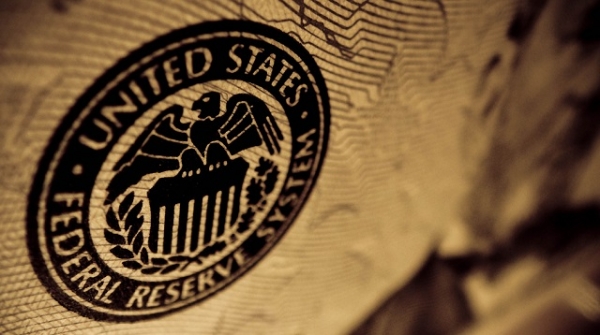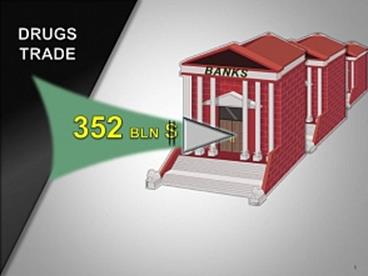Economics Professor Richard Werner, who created the concept of quantitative easing, noted that Central banks are deliberately bankrupting their countries to justify economic and legal changes that allow them to plunder in the interests of foreign countries.
As noted in the materials of the “News Economy” in his research he focused mainly on the Bank of Japan, which created a big bubble and then blew it away which led to the collapse of the Japanese economy, all of it was served under the sauce of promoting structural reforms.
The Bank of Japan rigidly applied to the Japanese economy for many decades, but now Japan was on the decline.
But Werner notes that the same can be said about the European Central Bank. The ECB used the loans and liquidity as a means of looting of European countries.
And indeed, Greece, Italy, Ireland and other European countries have lost their national sovereignty to the ECB and other members of the so-called “Troika”.
The ECB President Mario Draghi back in 2012 made this statement:
The EU should have the authority to maintain order and intervene in national budgets of member countries.
I am convinced that if we want to restore confidence in the Eurozone, countries must pass a part of their sovereignty to the European level.
Some governments have not yet realized that they have long since lost national sovereignty. And as they have in the past accumulated a lot of debt, they are now dependent on the goodwill of financial markets.
And yet Europe was in a severe depression comparable to the great depression in the US, mostly because of the actions of the ECB.
And what with the Central Bank of America is the fed?
First, the fed acknowledges that it is not truly Federal, which is contrary to generally accepted in the United States. However, even if the fed is not part of the government if it is acting in the interests of the United States?
Let’s see:
- The fed has singled out foreign banks more than the Americans. Among foreign banks that have received assistance from the fed, such as the Libyan Bank, Arab Banking Corporation. Bahrain, banks of Bavaria, Korea and Japan.
- The fed offered assistance to Mexico, as well as the entry into the North American free trade agreement (NAFTA).
- The fed has provided assistance to wealthy corporations, including hedge funds, McDonald’s and Harley-Davidson.
- The fed is responsible for creating the greatest inequality in world history.
- The fed allowed the giant banks to grow into mega-banks, despite the fact that most independent economists and financial experts say the economy will not recover until the giant banks will not be disbanded.
For example, the former head of Citigroup said that when the Bank was created in 1998 by the merger of two giants in the banking and insurance sectors, Greenspan then said to him: “I have nothing against size. I’m not interested”.
- The fed around the world has discouraged banks to lend to medium-sized businesses, leading to increased unemployment and to negative consequences for the economy.
Moreover, the main program of the fed for the financial crisis – quantitative easing – benefits the rich layers of the population and harm the poor, as confirmed by former fed officials, mastermind of quantitative easing in Japan and several academic economists.
The accounts chamber of the USA calls the fed corrupt and mired in conflict of interest organization.
As Nobel laureate Joseph Stiglitz said that the world Bank would call any country with a banking structure like the fed, corrupt and unreliable.
But aren’t the fed and other Central banks key organizations needed to stabilize the economy?
Optional. The fed led to the great depression in the country and to the current economic crisis, say many analysts, including several Nobel laureates, who believe that it is necessary to terminate the existence of the fed in its current form.
They also believe that the fed does not contribute to stabilize the economy.
And over time the situation gets worse.
As noted by Professor Werner on his blog:
“Central banks have become legally more and more influential over the last 30 years around the world, while in fact they are becoming less and less controlled.
In fact, as I had warned in his book “New paradigm in macroeconomics” (New Paradigm in Macroeconomics) in 2005, after each “retidivirutego banking crisis” Central banks, as a rule, is granted more powers.
It happened after the crisis of 2008.
Thus, it becomes clear that we have great danger and the problem: Central banks benefit from each crisis. Not surprisingly, the growing influence of Central banks and granting them more powers is accompanied by ever shorter cycles and more frequent crises.”








